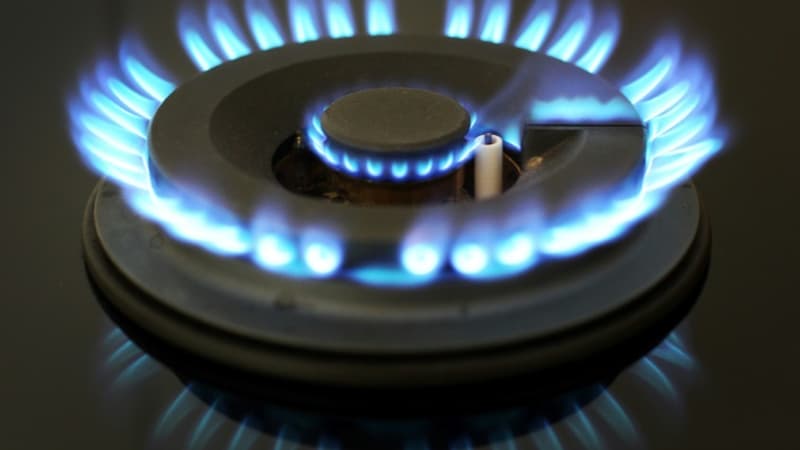European natural gas soared on Tuesday, closing at 43 euros after hovering around 45 euros, buoyed by growing concerns that a strike in Australia could disrupt the country’s liquefied natural gas supplies.
The Dutch TTF futures contract, considered a European benchmark, rose 5.43% to 43 euros per megawatt hour (MWh) shortly after rising to 44.80 euros per MWh, its highest since mid-June.
“LNG (liquefied natural gas) workers at a key facility in Australia could go on strike from early September if a wage deal is not reached,” Deutsche Bank analyst Jim Reid said.
Union members at Woodside’s North West Shelf project voted unanimously over the weekend to go on strike if their demands are not met at a final bargaining meeting scheduled for Wednesday, the newspaper reports. Sydney Morning Herald.
“Irrational” increase
“It is time that the Woodside main-d’oeuvre receives juste part of the benefices qu’elle génère pour les actionnaires”, Mardi declared the syndicate Offshore Alliance in a message on its Facebook page, affirming that its members are “prêts to act out”.
Australian gas facilities affected by the potential strike alone supply more than 10% of the world’s LNG supply each month.
This sharp rise in natural gas prices in Europe is “irrational” and a “clear sign of market fragility,” Woodside CEO Meg O’Neill said, according to the Financial Times.
Oil, for its part, fell slightly on Tuesday on fears about Chinese demand, albeit mitigated by OPEC+ production cuts.
A barrel of Brent from the North Sea, for October delivery, lost 0.50% to $84.03. Its American equivalent, the barrel of West Texas Intermediate (WTI), for delivery in September, the last trading day, fell 0.33%.
“Worries about the Chinese economy and its effects on global demand continue to weigh on the market, but reduced production from Russia and Saudi Arabia manages to offset this for now,” Energi Denmark analysts say.
For Edward Moya, from Oanda, “there are many uncertainties and nobody wants to take extreme positions.” “We have uncertainty about China and about whether or not the economic slowdown will affect the United States,” added the analyst interviewed by AFP.
Source: BFM TV


